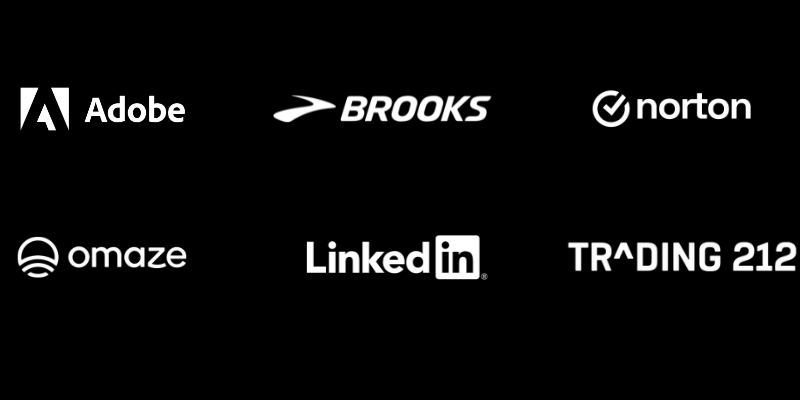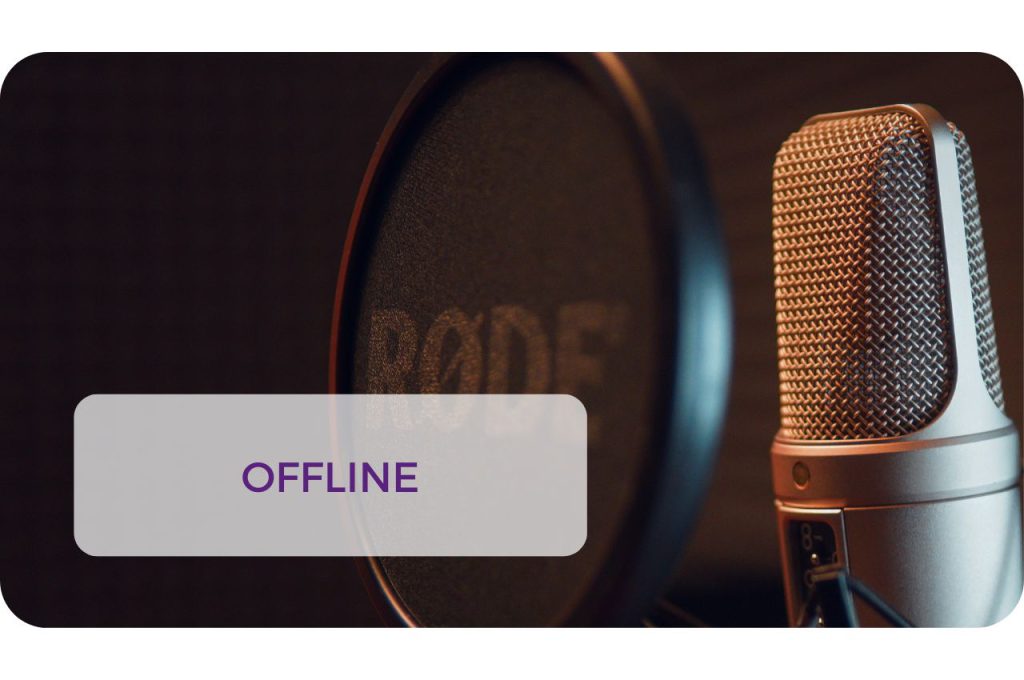
Google searches have become more specific, and it could be helping brands to spot early intent.
Search insights are invaluable indicators of what users are thinking and how they are behaving. From an SEO perspective, understanding search intent can help to not only meet consumer needs, but reach the right users at the right time.
The growing trend of more specific searches can provide a sense of clarity for digital advertisers, especially as consumer needs become more unpredictable amidst change (i.e., the current cost of living crisis).
On top of historic data, digital advertisers should be analysing search insights to spot intent, and more importantly spot it early.
How are people searching?
Google has broken a typical search down into two parts; the topic and the context-setter. The context-setter, or the descriptive part of a search, is referred to as the “modifier”. The modifier is what helps users to navigate information surrounding a topic, such as the cost, a business location, or the size of a product.
Understanding modifiers and how searches change over time can provide helpful insight into changing consumer needs. And the detail within a search can provide meaning behind people’s emotions towards a specific topic. For advertisers, this acts as an early indicator of changing demand.
As time progresses, searches around a topic will go deeper and more detailed. A change in search interest can reveal broad change over time, but a modifier can add real context about what people are looking for – and this is key.
Planning for changing consumer needs
People use modifiers during the research phase of their shopping journey, when comparing products or brands.
The exploration phase is when we’ll see searches about specific colours, price, size, location etc. At this point in the customer journey, brands can help consumers find the exact product they are looking for depending on their unique preferences that are presented within a search.
Modifiers provide insight into rapidly changing consumer behaviour. Essentially, the more attention you pay to these early yet detailed searches, the more chance you have to reach the right users on search.
FEATURED READS
Search insights can help advertisers in uncertain times
Closely monitoring search trends and insights can help you to stay close to what your consumers need, and then optimise your campaigns accordingly. When looking at search interest for a specific category, it can be difficult to pinpoint whether growth has stagnated or there is new demand.
Analysing how people are using modifiers over time can help to spot any changing interests and increase in demand.
Keeping a close eye on changing modifiers is very useful for planning, especially as we approach the festive season, and as spending behaviours are changing more than usual due to the economic downturn.
What do we think?
All Response Media viewpoint
Understanding user search intent is integral to developing a robust organic keyword strategy.
Targeting the wrong keywords through your strategy could lead to creating irrelevant content and leading users to the wrong information on pages on your website. Intent is key within the user journey, so it’s important to make sure that you serve the right content at the right time to prospective users or customers.
Search intent and user habits are something that are continually evolving which we’ve seen in the introduction of the “Messy Middle” by Google in 2020. This essentially shows how a user’s search intent changes as they move through their online journey, from starting a search, through to finding the solution online.
As they move through their journey, the queries get more specific as the user adds in additional information around what they want or need.
And as SEOers we need to really understand the relevance of keywords, as well as the intent, to be able to create strategies which target customers throughout this search journey.
Our 3 top tips
To understand the search intent of your users you could:
- Align with channels such as paid search who can give us key data on what keywords convert well.
- Use keyword and page data from Search Console to align with page flow elements in
analytics tools such as next and previous page paths to understand user journeys.
- Conduct real world situation user search tests on your products and services, if someone was to buy our product/get to our information how would they search for it?

With all of this data, you can map out the keyword search intent for your site and then optimise and create content to target the right keywords for the right users and importantly send them to the right place.
Jonathan Argile
Head of SEO
Media Planning Agency Leeds
Want to let us know about an SEO campaign you are planning?
Get in touch with our SEO team today and find out how we can drive business performance with our experience and expertise.
ALL RESPONSE MEDIA SERVICES
Who do we work with?

See how one of the UK’s largest independent media agencies has consistently been building businesses and brands for over 25 years








